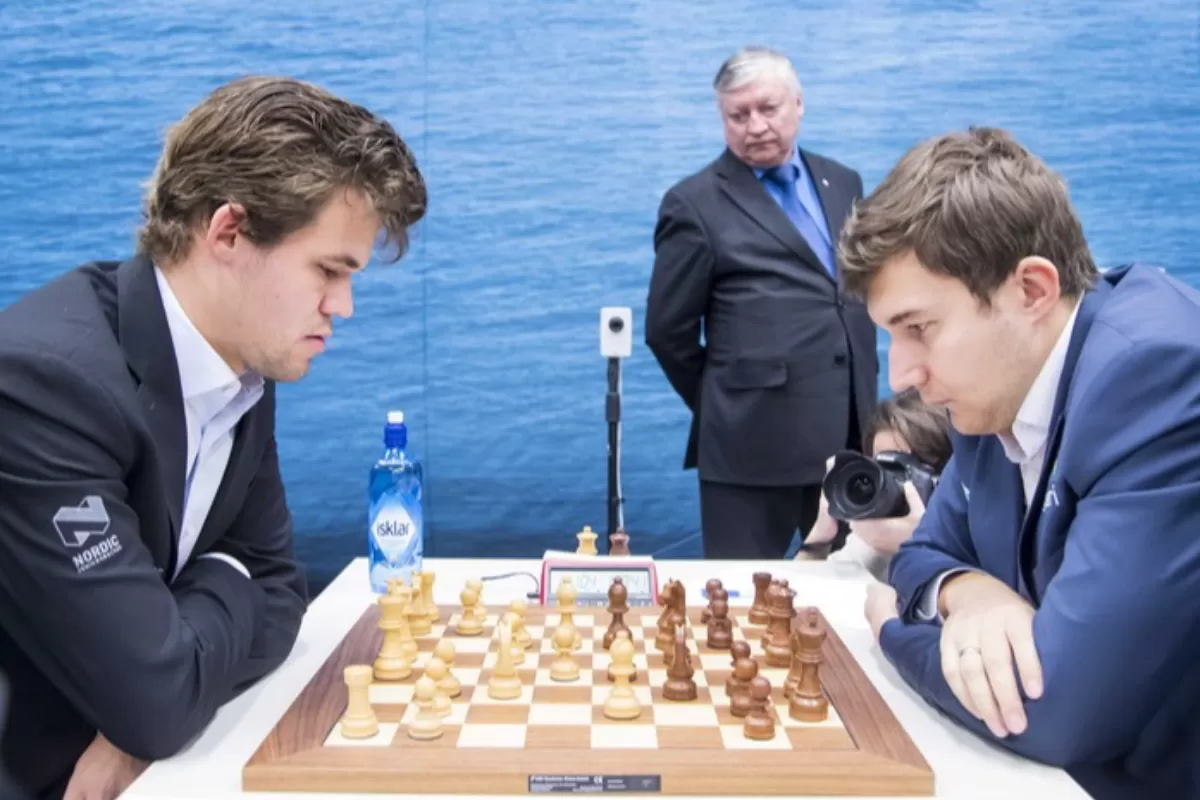
Since Lenin, many communist leaders have tried to play and promote chess. Most of the time, these leaders were pathetic players, who were not able to face a tournament of medium and even amateur level; except, perhaps, for one organized only among themselves, an event which, however, never took place, despite the socialist friendship between their peoples. But that did not stop the same communist leaders from turning chess into a powerful propaganda tool during the Cold War. And in this respect, the Soviets were indeed champions.
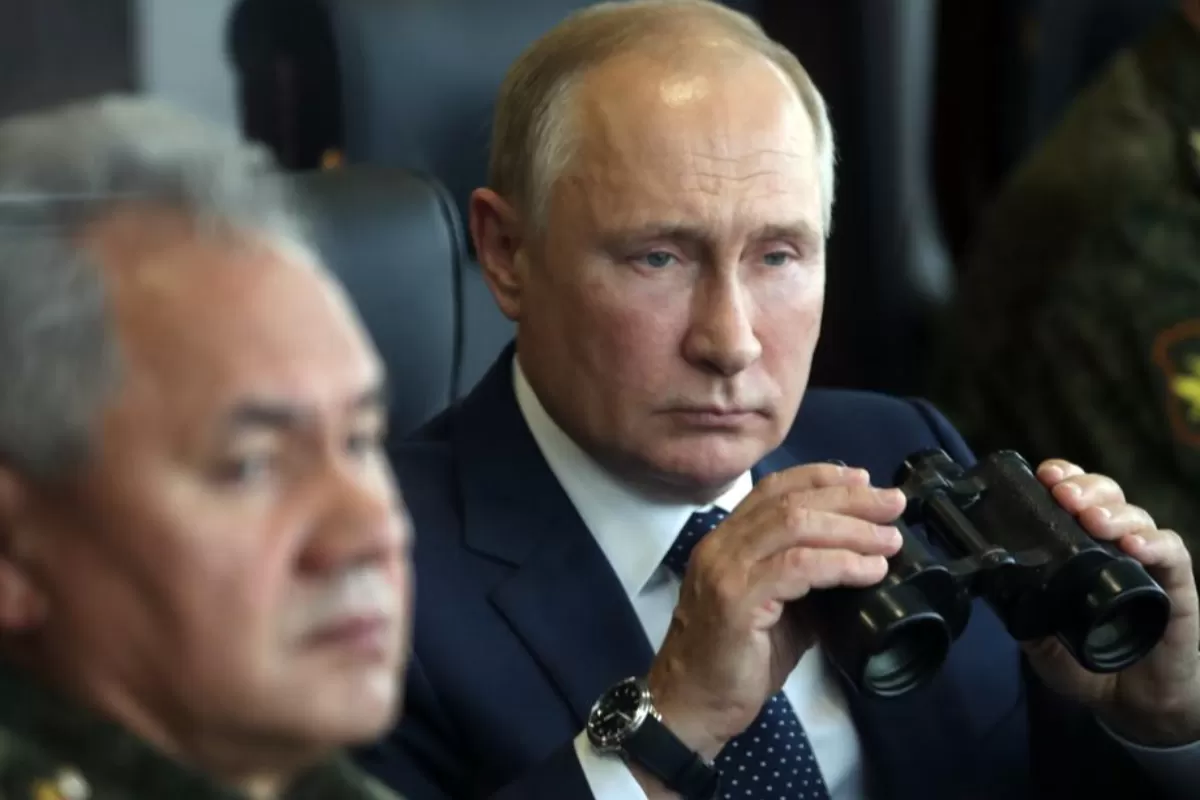
The Russian-Belarusian exercise "Zapad-2021" has become the object of increased attention from the neighbors of the two countries. But this event on the military-political map of Europe was only used as a distraction by the Kremlin.

Outgoing German Chancellor Angela Merkel was, for years, the driving force behind Berlin’s – and EU’s – policies in the Western Balkans. As Merkel is exiting the scene, the region is still years away from EU integration, and some of its countries even took a turn away from their stated objectives of becoming consolidated liberal democracies.
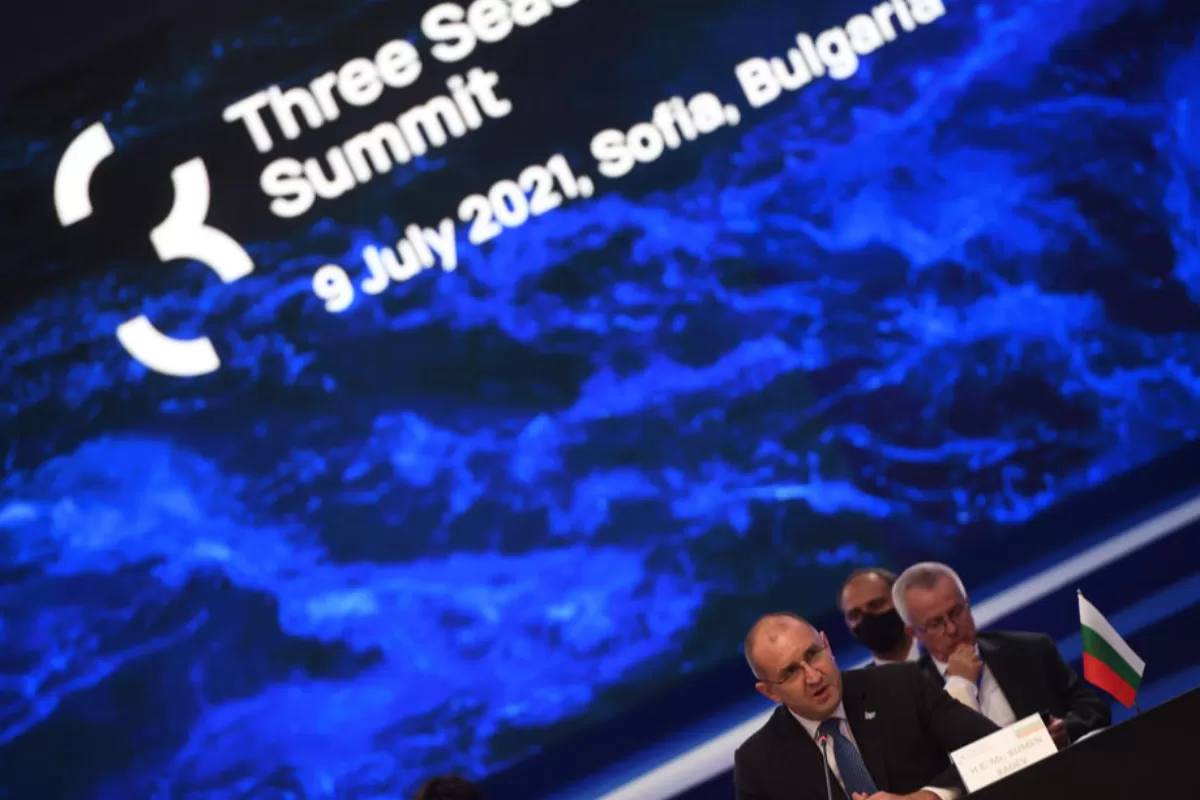
After the annexation of Crimea in 2014, Russia’s acts of aggression and its military-oriented stance on NATO’s eastern flank have inevitably become a reason for concern for a number of countries in Central and Eastern Europe, particularly those behind the former Iron Curtain under Russia’s sphere of influence. Efforts to connect European infrastructure from north to south may curb Moscow’s influence in the region, and inadvertently boost the collective security of central and east-European states.

Following the hasty withdrawal of US and NATO forces from Afghanistan, an increasing number of analysts speak and write about weaknesses of Europe and Washington vis-à-vis illiberal, authoritarian regimes. Some even engage with the idea that the West may have in fact entered a process of decline. However, while the latest developments in Afghanistan could well be the symptom of profound change in the international arena, talking about the West declining in a logic of confrontation with the East is rather problematic.
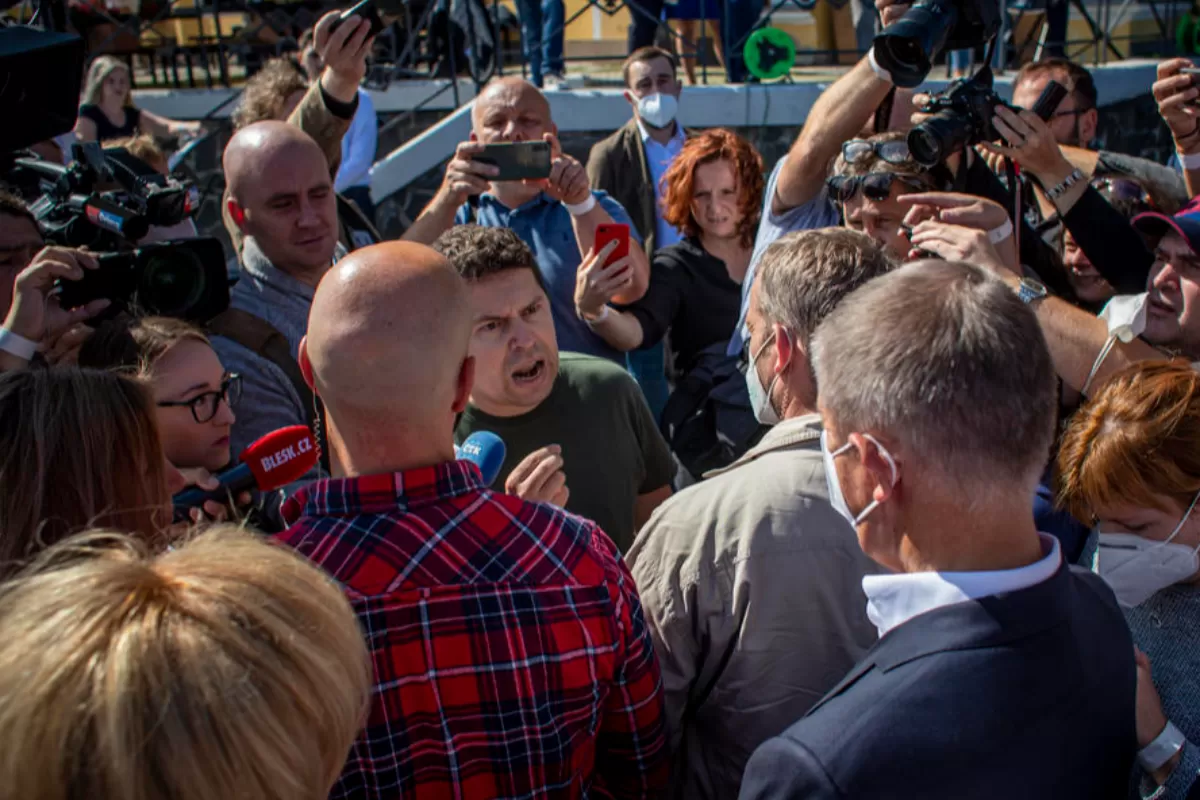
Just as the electoral campaign was beginning in the the Czech Republic, the public got a taste of a Greek tragedy when the incumbent Prime Minister, Andrej Babiš, was publicly challenged by his estranged son. The bizzare story, which involves even an alleged kidnapping of Babiš Jr. on his father’s orders, has some very real implications as it may be connected to a fraud involving European funds and a company owned by the Prime Minister.

Two months before the Presidential elections, Radev is the only candidate, and with an approval rating soaring above 65%, he stands a good chance of being re-elected. Supported by parties opposing the local politics status-quo, Radev is trying to build a stronger persona and a long-term presence on the political scene

For a month now, the tragedy of 32 Afghan citizens, who have been stuck in no man's land on the Polish-Belarusian border due to the political game between Aleksandr Lukashenko and Jaroslaw Kaczynski, has been unfolding. Similar things are happening on the borders in Latvia and Lithuania. The Polish government seems to be the worst coping with the situation. Why is that?

On September 26, 2021, the Germans go to the polls. An extremely difficult choice after 16 years with Angela Merkel at the helm of the country. A choice on which not only the future of Germany, but also that of the EU depends. The imprint left by Mutti, as the Germans have nicknamed Angela Merkel, will not make the mission of the future chancellor easy. The nearly two decades have not been easy at all, but Germany's first woman chancellor has managed to stay in power and, most importantly, impose her views domestically and internationally.

Sheriff Tiraspol, Moldova’s top football club, may be used by the regime in Transnistria to give some visibility to the separatist region and to try to gain a minimum of legitimacy on the international stage.

September 11, 2001 was the bloodiest landmark in the global jihad proclaimed by Osama bin Laden and his allies against the United States. Terrorists launched the attack in the name of liberating the holy sites which they claimed had been occupied by “crusaders” and “Zionists.” 9/11 convinced the Americans they had to hunt down jihadis all over the world. After 20 years and several wars, spanning from Central Asia and the Middle East to Africa, the global jihad continues.
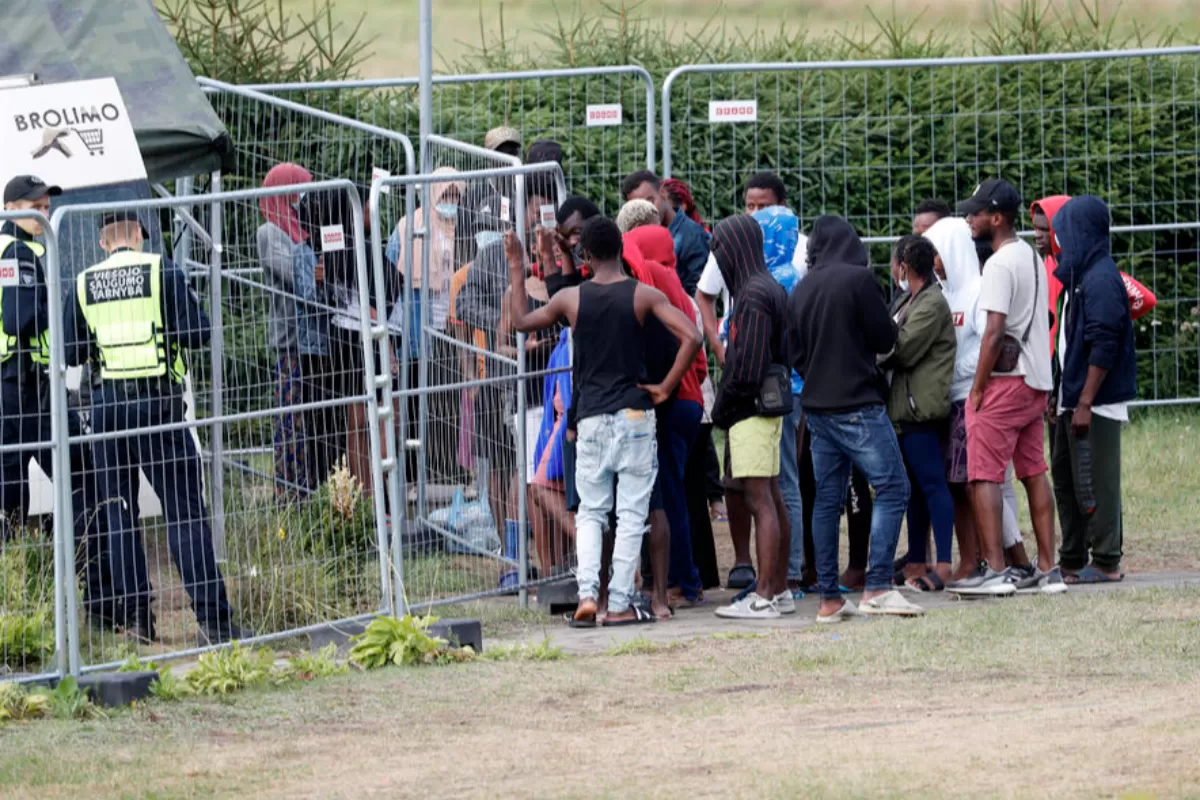
The refugee crisis that erupted in the summer on Belarus’ border with its western neighbors has several components. We are looking at new tactics in Russia's hybrid actions with the cynical use of an ally and the desire to strike at the most consistent criticisms of Russia.

The United States made three big mistakes in Afghanistan - two before 9/11, and the third after invading the country. One every decade since the 1980s.

Ukraine’s policy towards Transnistria also impacts the agenda of the Government in Chișinău, which would rather focus on domestic reforms. Kiev decided to ban the access of all vehicles registered in Transnistria from entering its territory starting September 1, although Chișinău authorities wanted to delay the measure.

Authoritarian states like Russia and China use the capital to increase their political clout. However, their investments and the loans they grant are not as advantageous as they are advertised, and one of their hidden costs is the undermining of democratic values and standards.

On August 30, late at night, the United States completed all operations to withdraw from Afghanistan, bringing an end to the longest war in its history.
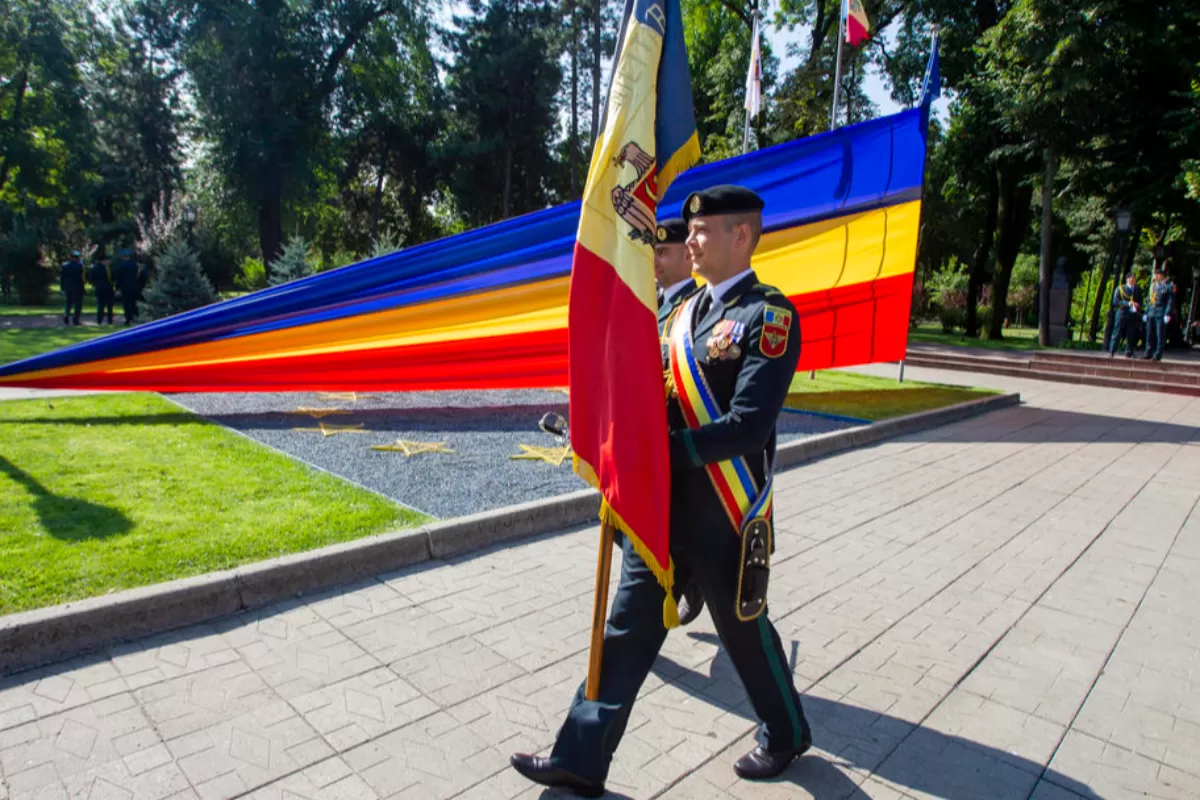
During the 30 years since the Republic of Moldova gained its independence, the language spoken in that country has been skillfully used not only as a bone of contention in domestic identity disputes, but also as a tool in the hybrid war waged by Russia on the territory of the Republic of Moldova and beyond.

30 years after the proclamation of independence in the Republic of Moldova, the country still faces identity issues. Society is divided between those who describe themselves as Moldovans, Moldovan speakers – a tribute to Soviet legacy – and those who consider themselves Romanian and speak Romanian, those who feel they belong to the Russian world, and those who look towards Romania and the European Union.

The Republic of Moldova proclaimed its independence in the wake of the breakdown of the USSR, but also as a result of the national rebirth movement at the end of the 1980s. In the 30 years that have since lapsed, Moscow has used a number of pressure points – a population with a doubtful identity, the frozen conflict in Transnistria, the monopoly on natural gas, its political clientele, etc. – in order to uphold its influence in the area between the Prut and the Dniester rivers.

Viktor Orban’s domestic “pro-family” policies made him a champion for the conservatives engaged in the so-called “culture wars”.

Returning to Turkey after one year, I found that the country continues its downward spiral. Life is getting harder, and many seem to be increasingly demoralised.
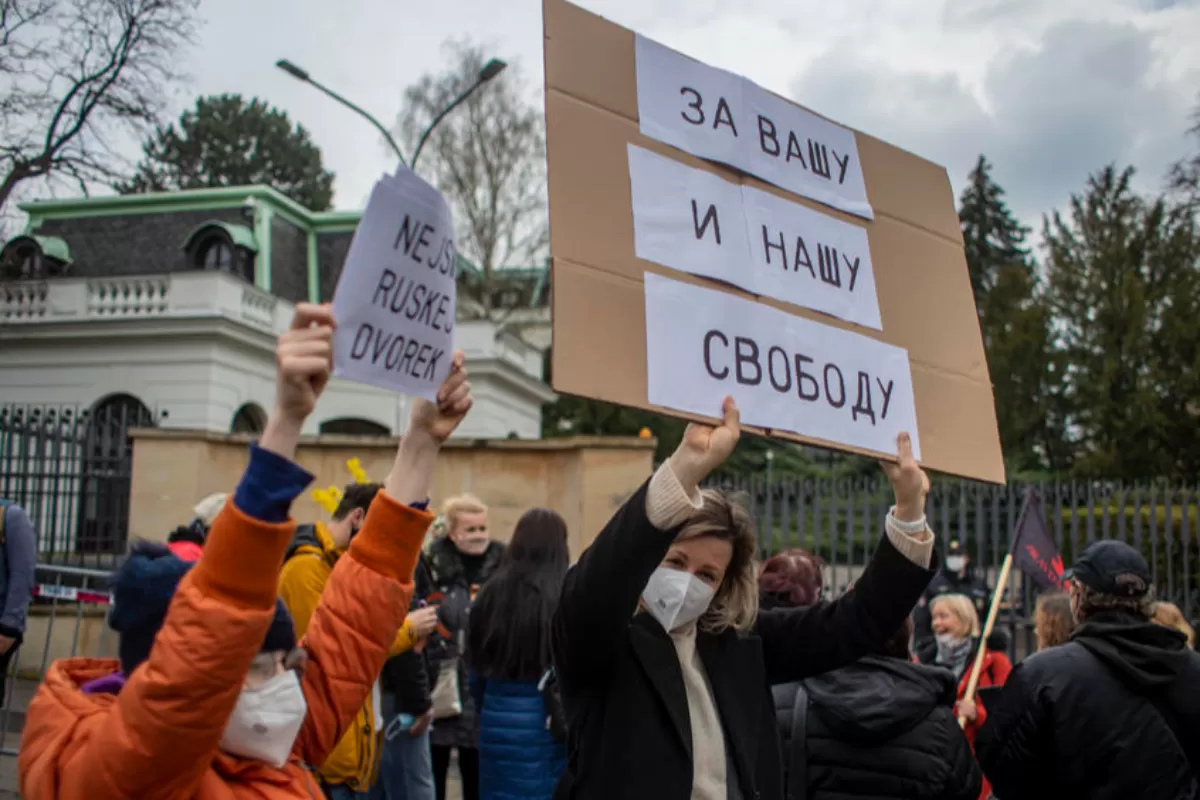
The pro-Russian Czech President seems determined to get rid of the country’s head of domestic intelligence, whose job is to stop Russian spies. The intelligence chief used to be supported by the Prime Minister, but with elections looming, the latter now needs the President by his side.

The possibility of destroying the ammunition of Soviet origin kept in depos in the village of Cobasna, in the Transnistrian separatist region, has aroused Moscow's interest, at least at a declarative level.

The Taliban have conquered Afghanistan again, almost 20 years after they were chased away by a US intervention. How was this possible and, especially, what awaits us?

The desire to overthrow GERB and Boyko Borissov wasn’t enough: There is Such a Nation, the new party that won Bulgaria’s latest elections, made another U-turn on Tuesday by revoking its ministerial nominations amid rising controversies.

Cuba has recently faced its largest protests in three decades. The protesters used social media to mobilize. Is this the weapon that will bring down one of the longest-surviving communist regimes in the world - or at least force it to accept profound reforms?
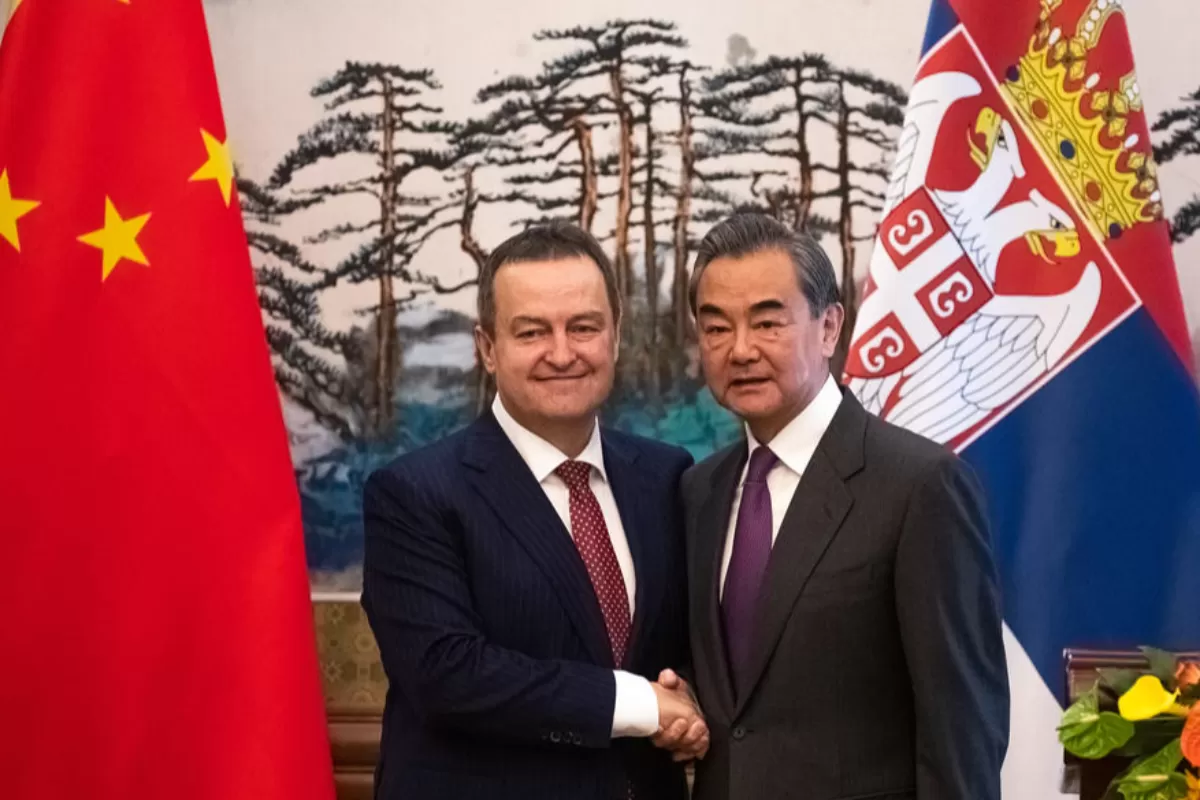
In the past few years, Chinese investments in Serbia have intensified, strengthening economic and strategic cooperation between the two countries. However, in addition to investing in production, new technologies, servicing old debts, some of these investments have brought with them harmful effects on the environment, but also a further collapse of the legal system and institutions.
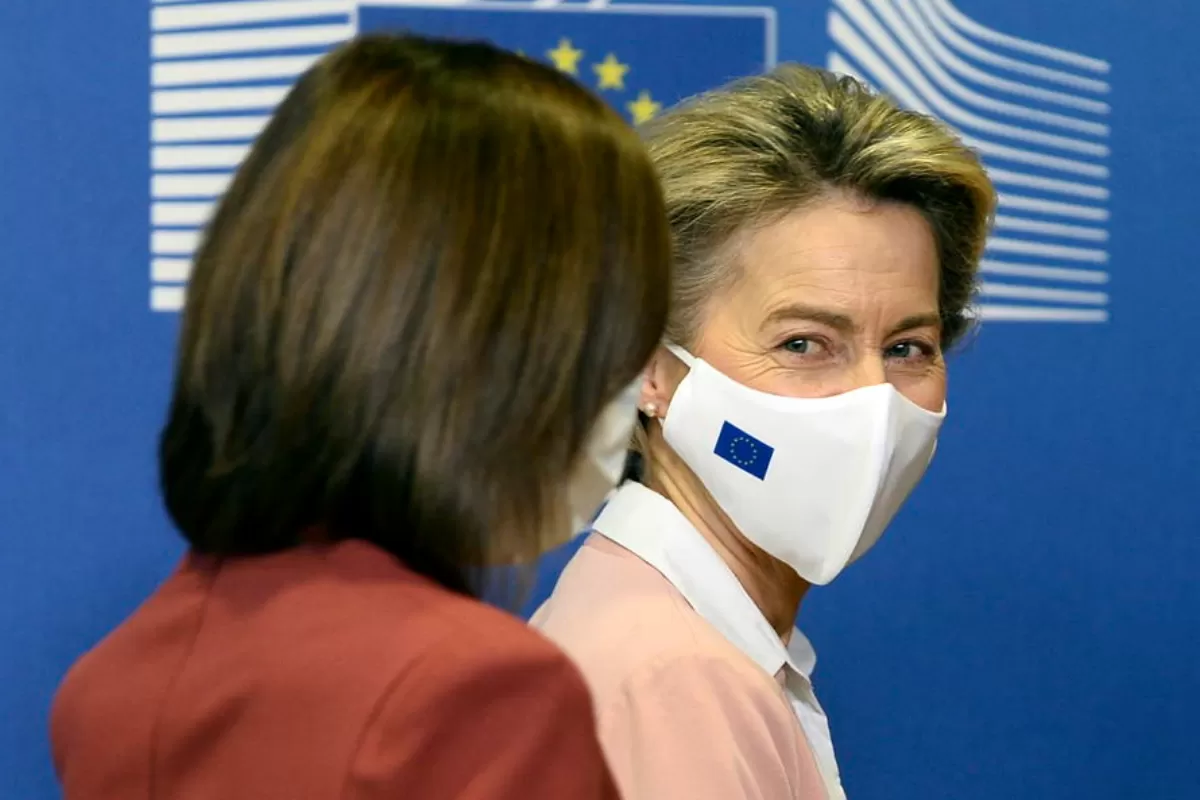
The Republic of Moldova has been presented with a historic opportunity, after pro-European forces, represented by the Action and Solidarity Party (PAS), have secured the Parliament, the Government and the Presidency. The post-Soviet period of transition may now be over, and the pro-European track, which has been in the limelight in Chișinău for three decades, may become irreversible.

Turkey is increasingly in favor of a two-Cypriot solution and is working to persuade other states to recognize Turkish Cyprus. Recep Tayyip Erdoğan seems to have taken on the Cypriot cause in order to attract the nationalist electorate to his side in the run-up to the 2023 elections.

Donald Tusk returned to Poland. He's main goal is to take power from Kaczyński and the right-wing government of Law and Justice. How does he want to do it and what are his chances?
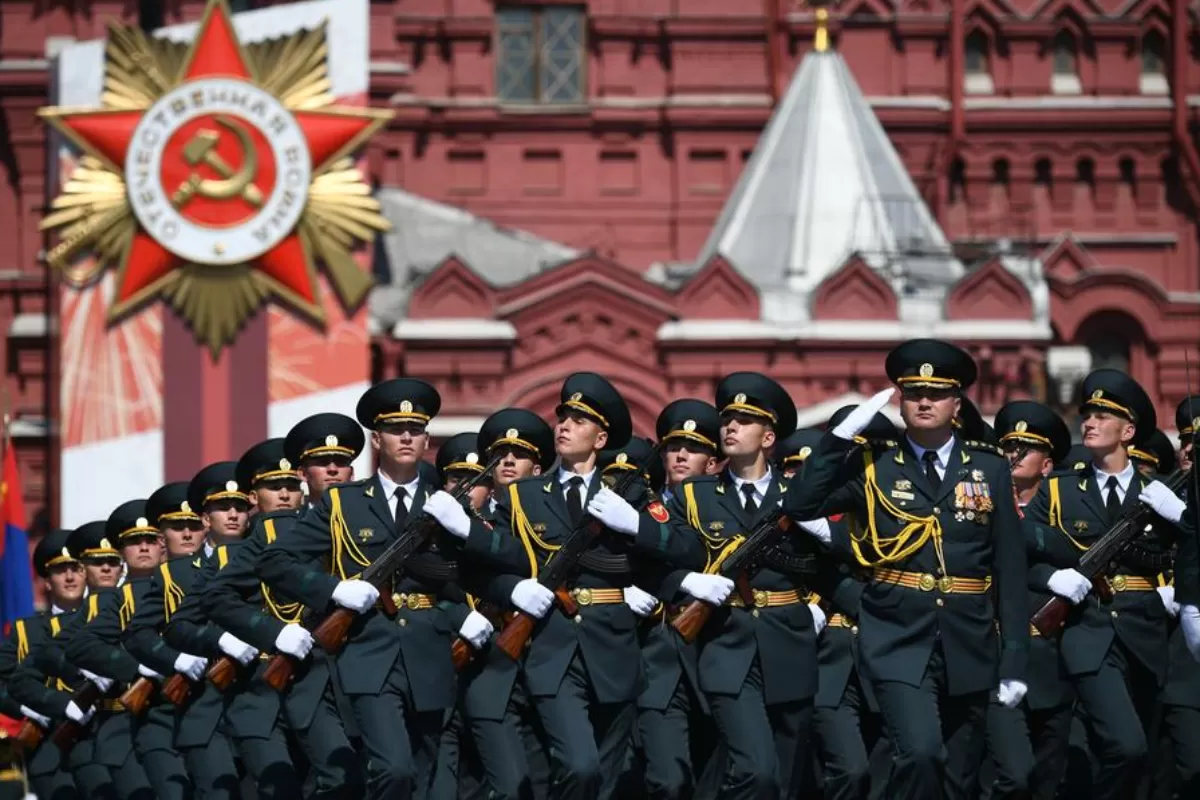
After winning the presidential elections, Maia Sandu has stabilized and secured the relations with the country’s closest neighbors - Romania and Ukraine. The legitimate question arises whether she has also managed to stabilize the complicated relationship between the Republic of Moldova and Russia, especially in the new context created by the recent parliamentary elections, won by the Action and Solidarity Party (PAS), which she has founded.

After the warm summer, a hot autumn awaits the Czech Republic. Elections to the Chamber of Deputies of the Parliament are held at the beginning of October and they could change the political landscape in the country. The current political hegemon Andrej Babiš and his ANO movement could lose their position, traditional left-wing parties – communists and social democrats – may not make it to the upcoming Chamber of Deputies and there are some new political forces, such as a party led by former anti-mafia policemen, which is growing and promising "justice".